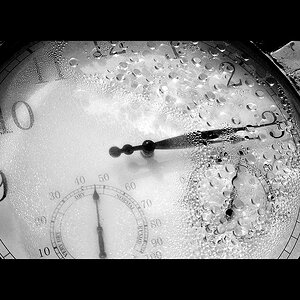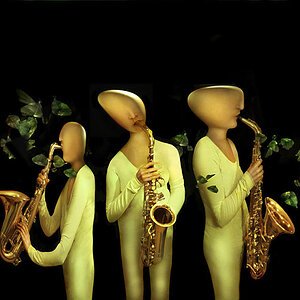NM Rich
TPF Noob!
- Joined
- Jan 25, 2008
- Messages
- 50
- Reaction score
- 0
- Location
- Bernalillo, NM
- Can others edit my Photos
- Photos OK to edit
I put a circular polarizing filter on my lens for shooting outside. It just happens that my prescription sunglasses are polarized also. When looking through the view finder, I could barely see what I was shooting. The view had grayish, blurry spots!
Is there something to put on the view finder to counteract the polarizing effect from my sunglasses? I'm blind without them!
Thanks!
Is there something to put on the view finder to counteract the polarizing effect from my sunglasses? I'm blind without them!
Thanks!



![[No title]](/data/xfmg/thumbnail/37/37540-73002ccb910b97978bc38658622a34d3.jpg?1619738133)





![[No title]](/data/xfmg/thumbnail/37/37538-d4704bfd4f0e4b1941649d81ff8edf2c.jpg?1619738133)

![[No title]](/data/xfmg/thumbnail/40/40305-2fbdc00adce4fac5e62dccb3f6f9c633.jpg?1619739413)

